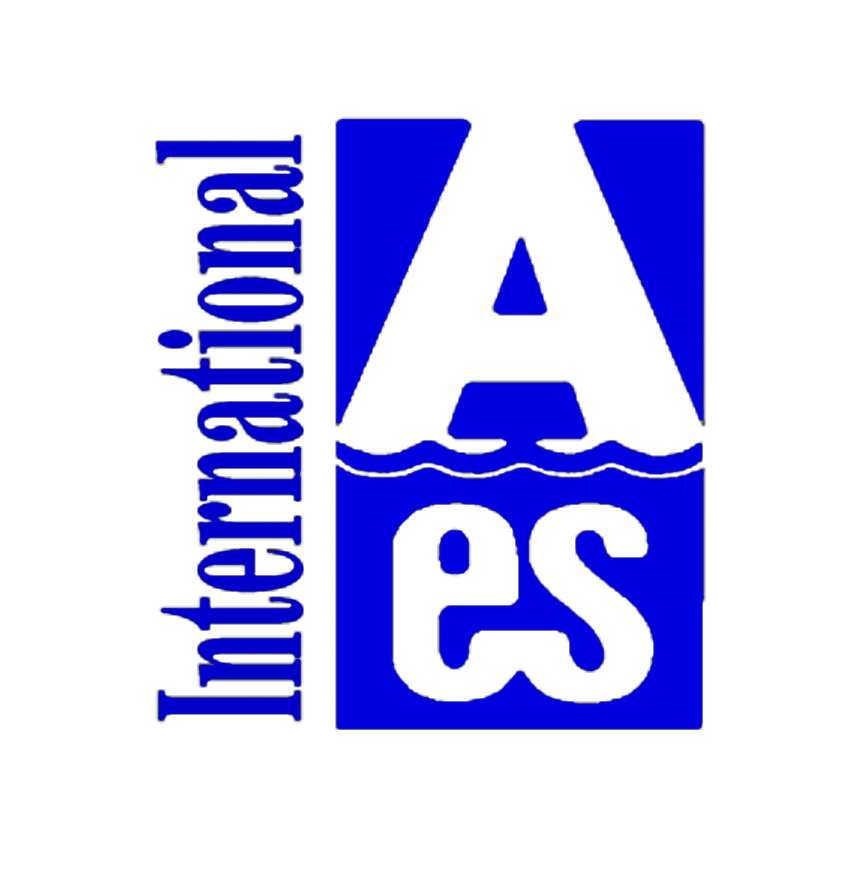October

Professor Oluwole Owoye
Professor of Economics at Western Connecticut State University
For our October member of the month the IAES welcomes Professor Oluwole Owoye. Professor Owoye teaches microeconomics, macroeconomics, monetary economics, labor economics and economic development. He has presented research in these areas at national and international economic conferences. Professor Owoye, who holds a Ph.D. from Northern Illinois University, has published numerous articles in periodicals such as The Journal of Developing Areas, Global Economic Review and The Journal of International Trade and Economic Development. He was a visiting Senior Fulbright Scholar in the department of economics at the University of Ibadan, Nigeria, in 2003, where he was among the initial group of professors who taught in the collaborative Ph.D. program for West, East, and Southern Africa at Ibadan, Nigeria. Since 2004, he has been a visiting professor of monetary economics in the collaborative Ph.D. program’s Joint Facility for Electives, African Economic Research Consortium in Nairobi, Kenya.
Why did you become a member of the International Atlantic Economic Society?
I became a member of the International Atlantic Economic Society (IAES) and other important economic associations because they facilitate the exchange and the sharing of knowledge as well as information among economists through their annual and/or bi-annual national and international conferences. Worldwide, IAES and other economic associations provide an avenue for life-long learning and interactions among economists of different generations.
What types of projects/research are you currently working on and what inspired/motivated you to pursue these interests?
Currently, I am working on the following research projects: (a) reserve requirements on foreign currency deposits in African countries, (b) economic analysis on conflict and peace: the global evidence, (c) effects of corruption in African countries, and (d) foreign direct investment on economic growth in the Caribbean. I am inspired and motivated to pursue these research projects because these topics are in my areas of expertise and interests – macroeconomics, monetary economics, labor economics, and economic development.
What advice would you give to someone who is considering entering your line of work/field of study?
My advice to someone who is considering this line of work or field of study is as follows: economics is the wrong field of study if the objective is to make more money or acquire a lot of wealth. Also, I would advise this person about the importance of acquiring the necessary analytical and critical thinking skills required to enter this highly respected field of study. But more importantly, if the objective is to become a college or university professor, I would let this person know that job satisfaction and upward mobility in the ranks require proficiency and complete dedication to teaching at all levels (undergraduate and graduate) and scholarly research publications. In addition, I would emphasize the nexus between teaching and scholarly research in order to succeed in the field. In other words, I would advise this person to consider going to conferences to present research papers and submitting them for publications in peer-reviewed economic journals as one of his/her top priorities in order to avoid the famous publish or perish (POP) syndrome.
Going forward, what other projects/research are you looking to or hoping to pursue?
Going forward, my plan is to put all my research ideas, based on macroeconomics, monetary economics, labor economics, and economic development perspectives, into a book that would contribute to further understanding some of the problems with respect to economic growth and development in less developed countries (LDCs), especially in African countries. In my opinion, there are many factors that currently inhibit economic growth and development in LDCs, which growth theorists have not yet considered or examined.
What’s your favorite hobby?
Yard gardening-landscaping (and/or repairing valuable things).

